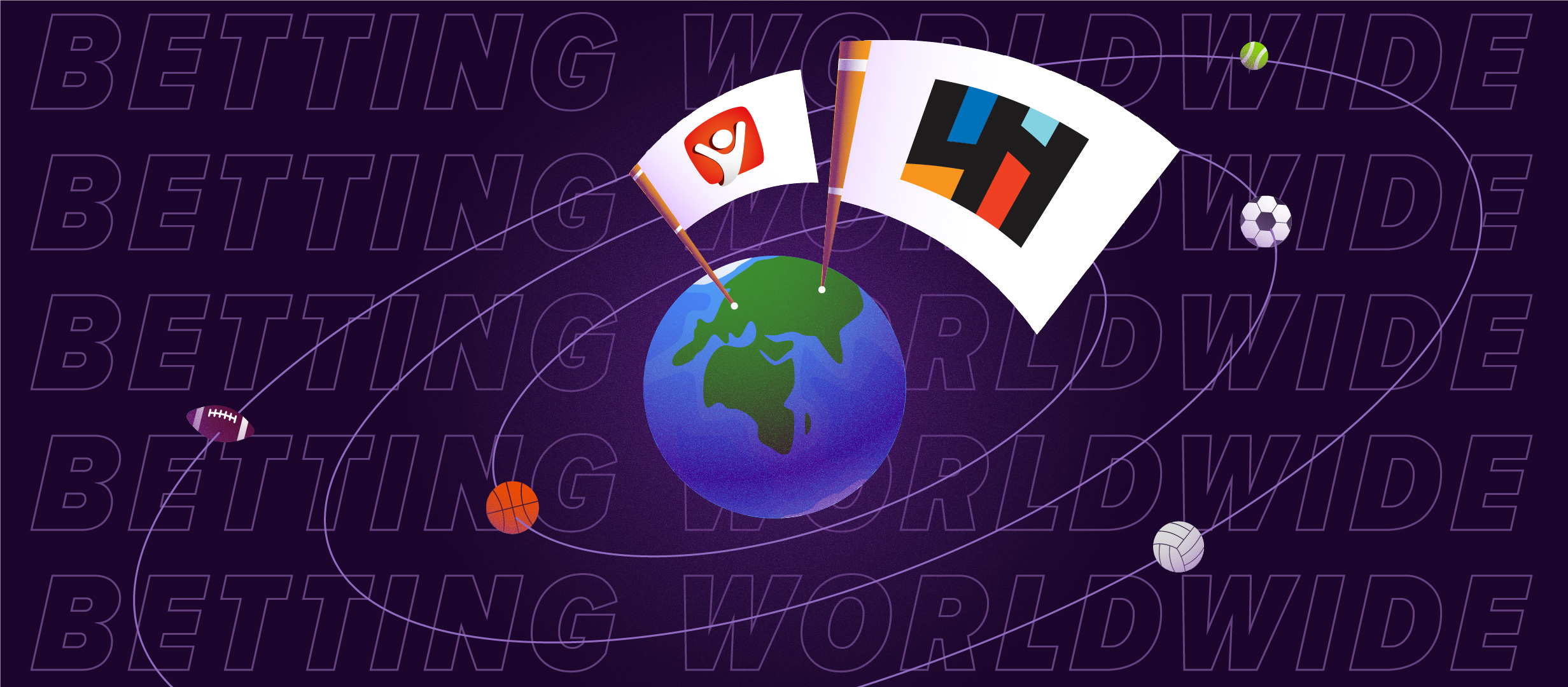IOC warns of match-fixing at the Olympics, and the European market is getting back to life
4H and Legalbet present the latest update on the news from around the world.

World
The International Olympic Committee the measures they will take to fight match-fixing ahead of the Winter games in Beijing. Notably, the Committee has partnered with several bet monitoring organisations, including data suppliers and tech companies. Sportradar, the International Betting Integrity Association (IBIA) and Global Lottery Monitoring System (GLMS) are among their new partners. In addition, the Council of Europe’s network of national platforms – the Group of Copenhagen – as well as major betting regulatory authorities and a ‘large number’ of international gambling firms will also participate in the IOC’s 24/7 bet monitoring operations at Olympic House in Lausanne, Switzerland.
Monitoring will also be conducted by the Olympic Movement Unit on the Prevention of the Manipulation of Competitions. It has already conducted a ‘thorough assessment’ of the seven winter sports and 15 disciplines on the Beijing 2022 programme in relation to the risks posed by competition manipulation linked to sports betting, with information shared with the International Sports Federations.
Meanwhile Digitain is expecting a ‘record number of bets’ at the Olympics. The company believes that Pyongyang 2018 will be easily surpassed by the amount of stakes accepted. The most popular sports for betting on the Winter games, based on the 2018 experience, are ice hockey, biathlon, and curling.
Ivan Kurochkin´s comments
The Olympic Games often find themselves in scandals associated with a variety of ways to influence the outcome of the competition. Apparently, by cooperating with several organizations at once, the purpose of which is to prevent match-fixing, the IOC wants to minimize the possible risks associated with the manipulation of the course and outcome of a sporting event.
We have previously discussed cooperation between UEFA and Sportradar regarding the monitoring and prevention of match-fixing. Now Sportradar will also help the IOC.
Sportradar, IBIA, and GLMS will work with the IOC not only to monitor and prevent match-fixing, but also to actively conduct an information campaign aimed at raising the awareness among sports fans and gamblers about the risks associated with sports betting during major international competitions, as well as working with athletes, bookmakers and lotteries that offer sports predictions, promoting among them a set of rules that are recommended to be used in order to comply with the requirements of fair and responsible gambling.
Europe
EGBA the gambling industry data for 2021. Betting was the most popular in Europe with 40% of GGR (Gross Gaming Revenue). Casino products took the second place (34%).
Mobile devices were used for betting by 50.5% of gamblers. Desktop solutions were used by 49.5% of the users respectively. It is expected that the mobile sector share will reach 60% by 2026.
It’s interesting that online casinos and poker account for 24% of the continent's GGR (2020 data). The point is that they’re all prohibited in the continent, so this share belongs to offshore companies. The same happens with online casinos in France (16% of the local GGR belong to illegal companies). Although it’s kind of an exception for Europe.
Ivan Kurochkin´s comments
We at 4H Agency are very fond of various charts and graphs, especially those published by respected associations, such as EGBA and their brief report on the growth dynamics of the gaming industry in Europe in 2021.
The share of offshore operators is rapidly declining. The introduction of local regulations, a trend that has been in its active phase for several years in a row, has recently noticeably accelerated. We can personally confirm this, since over the past year a number of clients who seek advice on obtaining local licenses in various jurisdictions, both in Europe and in the CIS countries, has significantly increased.
Sports betting, online casinos and lotteries remain the most popular genres on the market. Gambling using mobile devices continues to gain momentum. If last year the shares of desktop and mobile devices were almost equal, this year mobile devices began to take the lead and their share in the overall statistics will only increase as years go by.
The United Kingdom ($16 billion), Italy ($13 billion), and Germany (12 billion GGR) are leading in terms of the total gambling market revenues, however, players from Britain play online more often than their European neighbors (almost 60% of the total market share, against 20-25% in Germany and Italy, respectively).
The Netherlands
The Netherlands gambling authority Kansspelautoriteit (KSA) a ‘consumer warning’ that soon illegal/unlicensed websites will no longer be available to access. Having launched the KOA Regime on 1 October, KSA swiftly announced that it would be taking drastic steps to block illegal operators from targeting Dutch consumers – including IP and payment blocks and a significant increase in fines and penalties.
KSA disclosed that it was closely monitoring 25 illegal websites that had been ordered to cease all Dutch market operations. Furthermore, the blackout rules have been applied to all operators waiting for KSA to approve their KOA Regime licences. The official launch of the Dutch online gambling regime marketplace saw KSA grant 10 KOA licences to foreign and domestic operators, below the 28 incumbents that were expected to participate in the marketplace.
Ivan Kurochkin’s comments
We welcome our beloved Dutch regulator back, this time they are coming with the news of intensifying monitoring and sanctions to illegal gambling operators targeting Dutch players.
The Dutch regulator came forward with a warning that the sites of offshore operators will soon become unavailable to the population in the country.
This step seems logical on the part of the Dutch regulator, which is extremely sensitive to any form of availability of offers from unlicensed operators within its jurisdiction.
Interestingly, the Dutch regulator mentions large fines and payment blocking, in contrast to the regulator in Ukraine which has so far limited itself to only written warnings issued to offshore operators.
Further reading:

